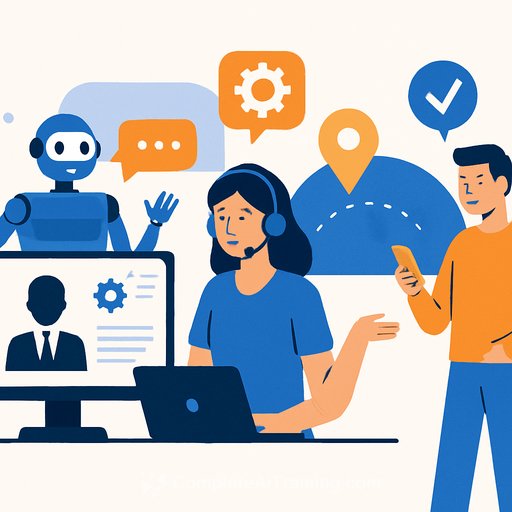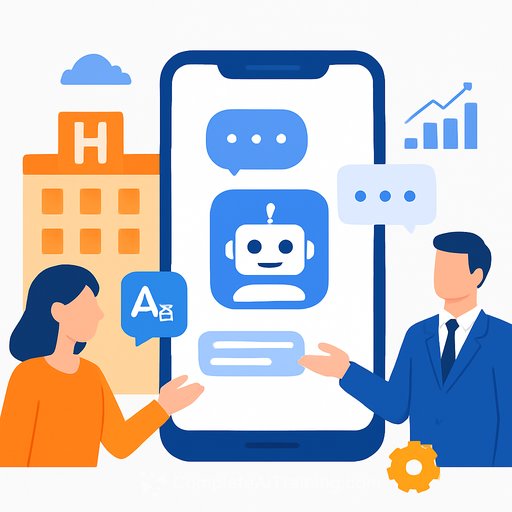3 Trends Shaping the Future of Customer Service
Customer service is changing fast. Automation, AI assistants, and a shift toward proactive customer experience are set to transform support functions by 2028. A recent report from Gartner highlights how AI and evolving customer expectations are driving this shift, moving away from traditional human-to-human interactions toward more automated solutions.
1. The Pressure on Customer Service Leaders to Automate
Nearly 80% of customer service leaders feel pressure to adopt generative AI technologies. Many see AI as a way to reduce staffing needs while managing high volumes of inbound requests more efficiently. Automation can handle repetitive tasks like data cleaning, record management, and knowledge governance, freeing human agents to focus on more complex issues.
This shift requires leaders to think like business owners—blending customer insights with AI strategy, ethics, and collaboration. The goal moves beyond keeping operations stable to driving growth through better customer adoption, retention, and product innovation.
2. Customers Will Use AI Assistants More for Support
More than half of customers are open to using AI assistants for service needs. This could change how companies interact with customers, as AI users tend to make more requests since it’s easier to engage. However, this may increase operational costs and reduce the quality of customer data, especially if third-party AI tools handle service interactions.
AI assistants act both as communication channels and customer proxies, so businesses need to adapt their support systems to serve both human and AI-driven requests effectively. This poses new challenges for customer service teams aiming to balance automation benefits with cost management.
3. Customer Service Is Moving Upstream
Connected devices and subscription models are pushing customer service to become part of the entire customer journey, not just a fallback option. Support now plays a vital role in product usage, customer adoption, and revenue growth. Integrating service early helps reduce costs and improves financial results.
AI will support human agents and allow them to take on broader roles. Leaders need to focus on collaboration and adding value across the organization while maintaining a clear vision and governance over service capabilities.
For customer support professionals ready to prepare for these changes, exploring AI training courses can be a practical next step to understand how to work alongside AI tools effectively.
Your membership also unlocks:





